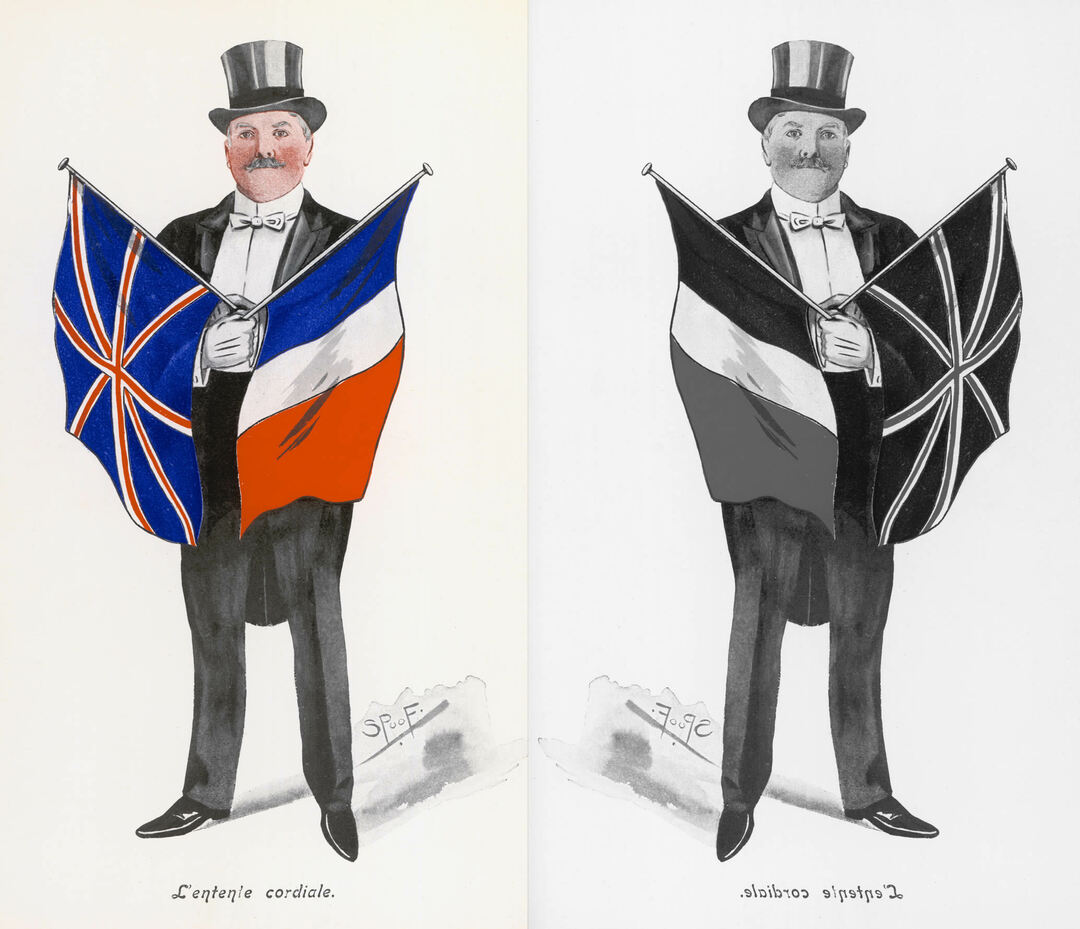Definition of Triple Entente
Miscellanea / / July 04, 2021
By Guillem Alsina González, in Mar. 2019
 Allies and Axis, two easily recognizable and identifiable sides. Perhaps the historical proximity (let's not forget that the world we live in in 2019 still owes much of its configuration to how World War II was resolved) make them better known than, for example, what was the Triple Entente. From that one, more than a century ago.
Allies and Axis, two easily recognizable and identifiable sides. Perhaps the historical proximity (let's not forget that the world we live in in 2019 still owes much of its configuration to how World War II was resolved) make them better known than, for example, what was the Triple Entente. From that one, more than a century ago.
The Triple Entente was a strategic alliance between the Russian Empire, the British Empire, and France, which sought to be a counterweight to the power of the Central European empires (Triple Alliance): Germany, Austria-Hungary and Italy. This division into two blocks would lead to the First World War.
The Triple Entente, also called Entente Cordiale or simply Entente (Entente is a French word that can mean friendship, union or understanding, depending on the context) was officially signed in 1907, and allowed to smooth differences between the Russian and British empires, faced in a cold War for hegemony in Asia, a confrontation known as the big game.
Both empires had suffered crises in the years immediately following: the Second Boer War in the British case, and the Russo-Japanese War and the revolution 1905 in the Russian case, so it was convenient for both to de-escalate the conflict.
The rising German power, with a kaiser (emperor) eager to equalize his nation to Great Britain, frightened the other powers, who felt threatened.
One of the measures taken by the government German and his monarch was the building of a war fleet comparable to the British one, the Kaiserliche Marine, which was to allow the young country (the German Empire was born in 1871) to project its force anywhere in the world.
Until then, Germany had been centered in Europe, and had not worried about carving out an overseas empire, something that changed with the enthronement of Kaiser Wilhelm II.
This alerted the colonial powers, Great Britain and France, but also Russia, which saw in Germany and Austria a clear danger on the borders of her, that now he could even attack her through Asia.
The Entente also signed agreements with Japan and Portugal, and later it would do so with Belgium and Serbia, it being precisely the latter country that would drag this alliance to war.
In 1915, and already in the middle of the war, Italy - which had refused to enter the conflict alongside Germany and Austria-Hungary in the framework of the Triple Alliance - joined the Entente.
The signing of the treaty that gave rise to the Triple Entente did not imply mutual defense, being simply a treaty of friendship.
The direct precedent was the Franco-British treaty of 1904, with which both nations settled some disputes over the colonial territories in dispute in the continent African.
To this treaty must be added that of 1907 between Great Britain and the Russian Empire, which put the fundamentals for the Entente Cordiale.
Photo Fotolia: Archivist
Topics in Triple Entente
